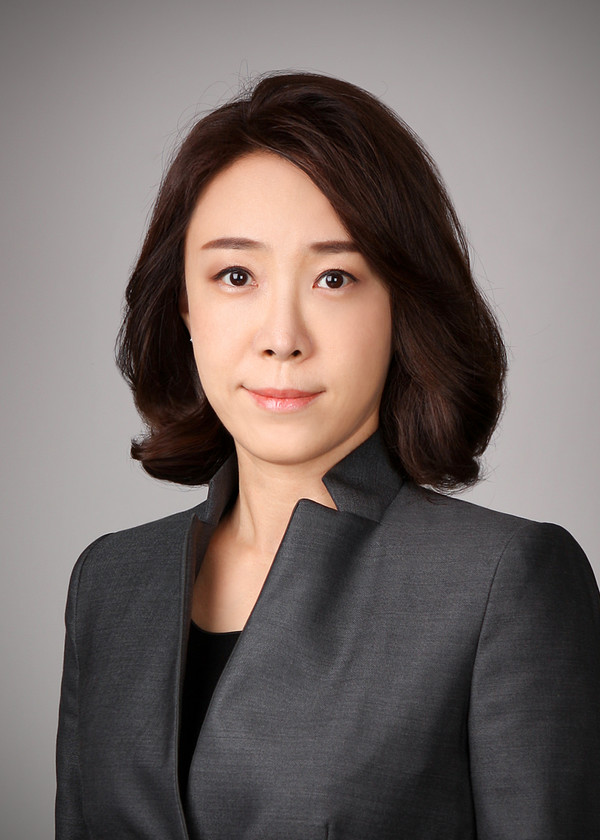
Sung Minjung, Professor of Department of Advertising & Public Relations, Chung-Ang University
1. According to the announcement of ISAPS[1], in 2021, Korea ranked 5th in the world for the most surgical procedures in cosmetic surgery. Additionally, plastic surgery advertisements are expanding to the Internet and various platforms in Korea, which is sometimes called the Republic of Plastic Surgery. Between the freedom of expression of hospitals, that is, the freedom to advertise, and the goal of pursuing the public interest, to what extent do you think the government should regulate plastic surgery advertising?
What we overlook in plastic surgery is that we see it as just a product, but plastic surgery is a medical practice. Even people who accept plastic surgery advertisements look for different standards than when they go to the hospital because of a headache or a cold, and when they go for plastic surgery, this itself can be considered a social problem. Also, plastic surgery is a part of medical care, so it is problematic for hospitals to hire a marketer rather than medical personnel to treat it as a service or product. It seems that the government should constantly pay attention to these parts, checking whether the right to know and right for information are provided when the patient is receiving treatment, and whether possible side effects are properly notified.
2. Adolescents and people in their early 20s, who have yet to see their identity fully formed, are more influenced by media such as advertisements than other groups. What is your opinion on this?
As consumers, the first problem is that ordinary people approach plastic surgery without sufficient medical information. With young people whose identities are not fully established, it is a big problem to receive plastic surgery only thinking that 'I want to resemble a celebrity', Approaching plastic surgery as if changing clothes is also a problem. Medical personnel should not approach plastic surgery from the aspect of just ‘becoming beautiful' and therefore should avoid advertising it.
3. What are the rules or alerts that plastic surgery and beauty advertisements must abide by?
In relation to medical care, the law is very strict, but since medical advertisements are a type of advertisement, there are aspects that are made within the framework of advertisement. From the point of view of being ‘viral’ rather than advertising, it can be seen as entering a gray area, which is not subject to legal sanctions. In addition to plastic surgery, there are discussions in the media about how to control the virality of products and influencers. I think it should be taken into deeper consideration. Also, it would be better if medical personnel would more clearly understand the existing law and follow it.
4. The chairman of the ‘Medical Advertising Deliberation Committee’ said, "The basic purpose of protecting consumer health and market order should be observed and the freedom of expression should be reflected, but advertisements by medical practitioners should maintain a different professionalism than advertisements for other products." Tell us the difference between ‘medical advertising’ and advertisements in other fields, and what you think about it.
Speaking of professionalism, the information gap between doctors and patients is very large. Compared to other products, the difference is much larger in the field of medical care, and we regard doctors as experts because we recognize the absoluteness of their knowledge. If medical personnels have that much expertise, it must be accompanied by responsibility, and as I mentioned before, they shouldn't advertise plastic surgery simply as a product. With sufficient information consumers need to know about the aftereffects or other side effects that can accompany surgery. However, plastic surgery advertising only shows examples that went well. If, for example, only 1 out of 10 cases were successful, not clearly sharing that information can be conceived of as consumer deception.
[1] The International Society of Aesthetic Plastic Surgery (ISAPS) is the world’s leading professional body for board-certified aesthetic plastic surgeons

